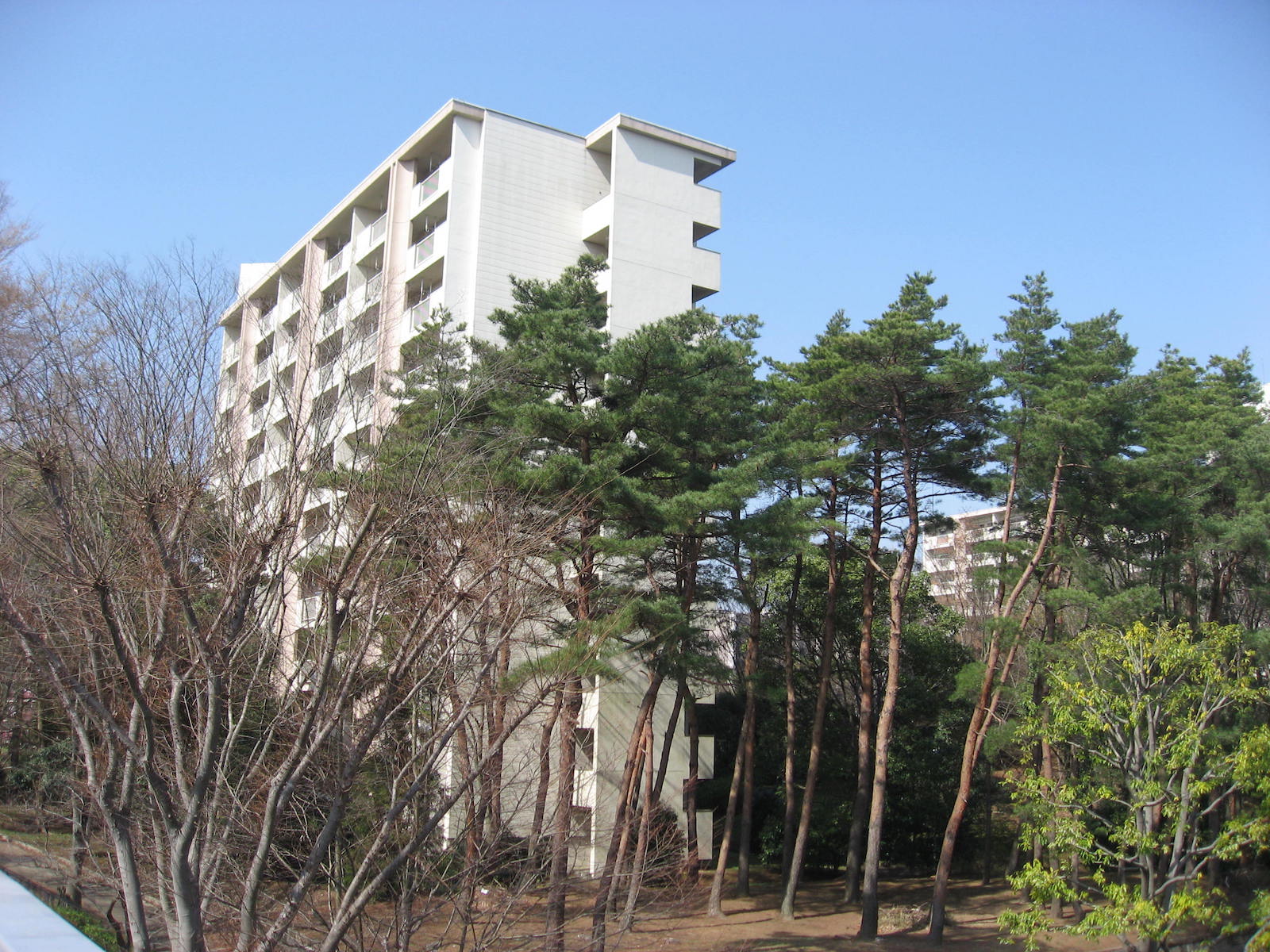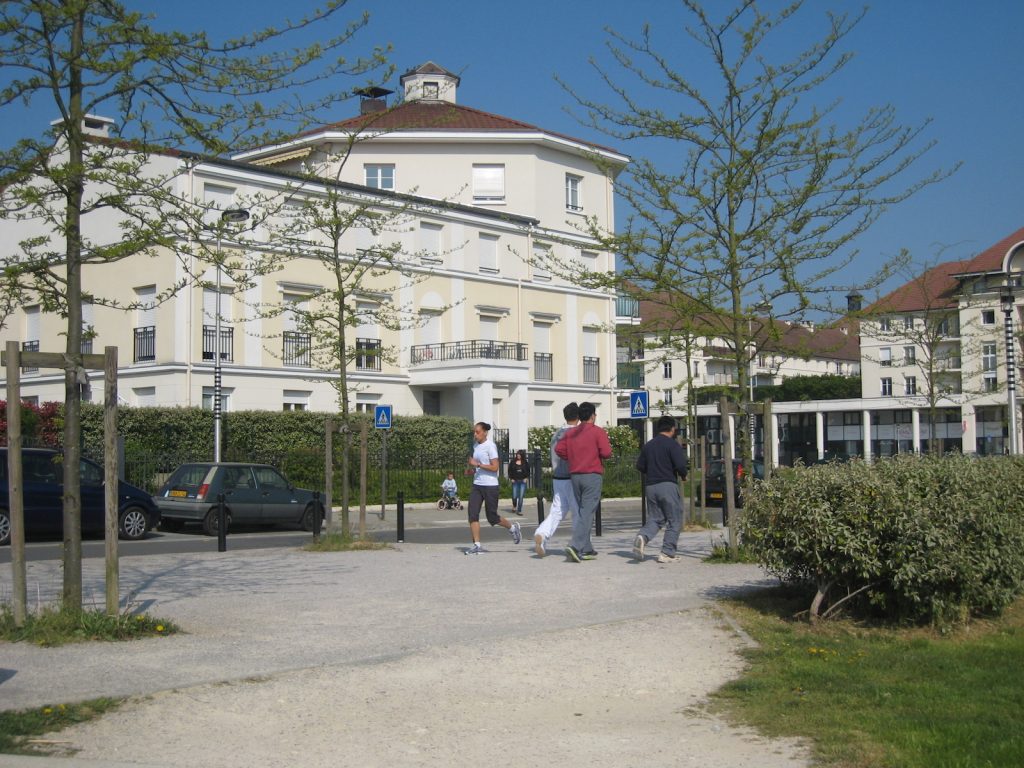New Towns Initiative

Tsukuba, Japan
New towns have been a dominant concept in urban planning throughout the 20th century. Developed throughout the world, both in highly developed countries and in emerging markets, these new towns have been studied extensively by scholars over the years. New town developers are responsible for creating communities that involve much more than building individual houses. They create the infrastructure, both hard and soft, that enable people of all ages to live, work, and play in healthy and gratifying new environments.
Through research and events, the New Towns Initiative at Harvard University addresses important questions that relate to new town development, operations, management, the perceptions and quality-of-life of residents, planning new towns for health, and their role in aging societies. The New Towns Initiative released an edited book on the current state of new towns globally and hosted leading new towns experts at a conference in Fall 2016.

Related Publications
2016 P. Rowe, A. Forsyth, and Har Ye Kan. China’s Urban Communities: Concepts, Contexts, and Well-being. Berlin: Birkhäuser
2005 A. Forsyth. Reforming Suburbia: The Planned Communities of Irvine, Columbia, and The Woodlands. Berkeley: University of California Press.
1999. R Peiser, A. Chang Is it possible to build financially successful new towns? The Milton Keynes Experience. Urban Studies 36, 10: 1679-1705.
1999 A. Forsyth. Constructing Suburbs: Competing Voices in a Debate Over Urban Growth. Amsterdam: Gordon & Breach, New York: Routledge.
Sponsored by Vanke Company. For more information, please visit the New Towns Initiative website.
